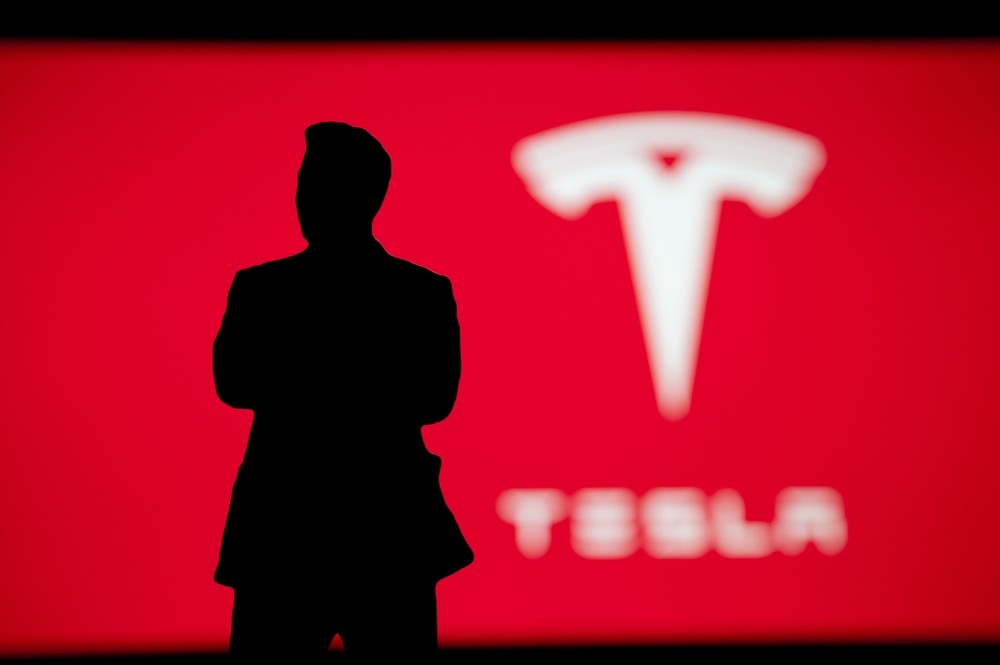The approved plan divides Musk’s potential reward into 12 tranches of stock awards, which are activated only if clearly defined market and operational milestones are met. In the end, if Musk fulfills all the targets, his ownership stake in Tesla would increase from the current 13% to 25%. In total, that represents 423 million new shares. The first tranche will vest once Tesla’s market capitalization reaches $2 trillion (up from today’s $1.54 trillion). Each subsequent milestone increases by $500 billion, with the final target set at an astonishing $8.5 trillion. On the operational side, the goals are no less ambitious: annual profit of up to $400 billion, delivery of 20 million vehicles, 1 million active robotaxis, and 1 million Optimus humanoid robots. It’s worth noting that, according to Tesla’s September statement, the company had delivered around 8 million vehicles to date.
The AI Empire
Musk has long claimed that Tesla is more of an AI company than a car manufacturer. His vision is clear – to integrate autonomous driving (FSD), robotaxi services, and humanoid robots into a single ecosystem where data and artificial intelligence serve as the company’s main competitive edge. Currently, Tesla offers its Full Self-Driving Supervised system, which still requires driver oversight. Musk has repeatedly promised full autonomy, but no specific date has been given yet. The Optimus robot project remains in the experimental phase as well. Nevertheless, Musk has declared that robots will “end poverty” and become a business bigger than smartphones.
The Legal Shadow of the Past
Not everything is idyllic. Musk’s previous compensation plan from 2018 was struck down in January 2024 by a Delaware court due to conflicts of interest. While Musk appealed the decision, the new 2025 plan is built on a clean, independent structure with no links to previous conditions. Interestingly, despite opposition from major proxy advisory firms Glass Lewis and ISS, which recommended voting against the proposal, shareholders approved it. The vote sends a clear message: investors want Musk to remain strongly tied to Tesla, even at the cost of unique risks — especially since the plan includes no restrictions on Musk’s political activities or minimum time commitment to the company. That worries some shareholders, particularly after an NBER study showed that Tesla’s U.S. sales could have been 67–83% higher if Musk were not such a polarizing public figure.
Forward-looking statements represent assumptions and current expectations that may not be accurate or are based on the current economic environment, which is subject to change. These statements are not guarantees of future performance. Due to their nature, forward-looking statements involve risk and uncertainty as they relate to future events and circumstances that cannot be predicted, and actual developments and results may differ materially from those expressed or implied.
Disclaimer! This marketing material is not, and must not be construed as, investment advice. Past performance is not indicative of future results. Investments denominated in foreign currency may affect returns due to exchange rate fluctuations. All securities trading can result in both profits and losses. Forward-looking statements represent assumptions and current expectations that may not be accurate or based on the current economic environment, which is subject to change. These statements do not guarantee future performance. InvestingFox is a trading brand of CAPITAL MARKETS, o.c.p., a.s., regulated by the National Bank of Slovakia.
Sources:
https://www.cnbc.com/2025/11/06/tesla-shareholders-musk-pay.html
https://www.sec.gov/ix?doc=/Archives/edgar/data/0001318605/000110465925087598/tm252289-4_pre14a.htm
https://www.reuters.com/legal/transactional/musks-record-tesla-package-will-pay-him-tens-billions-even-if-he-misses-most-2025-10-09/
https://www.nber.org/papers/w34413
 English
English
 Slovak
Slovak
 Czech
Czech
 Hungarian
Hungarian
 Italian
Italian
 Polish
Polish





